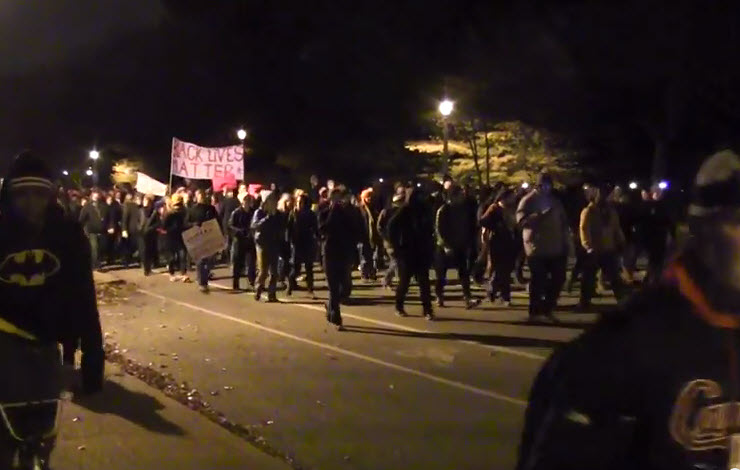There is some good news for Brandon Coats. He is a paraplegic man who had excellent job reviews as a customer service at DISH Network in Denver. He was a properly registered user of medical marijuana, which provided relief from the considerable pain he suffered. His employer fired him following a random drug testing, finding THC in his blood. He never used marijuana on the job and he was never under the influence on the job. Colorado attorney Michael Evans has represented Brandon Coats throughout this litigation. John Campbell and I (of Campbell Law, LLC) assisted Mr. Evans in the drafting the Petition for Writ of Certiorari to the Colorado Supreme Court. Two days ago, we were happy to learn that the Colorado Supreme Court agreed to hear this case. We will be assisting with writing the brief in the coming weeks. Here is the Colorado Supreme Court's January 27, 2014 ruling.
In our Petition, we had asserted:
After prolonged treatment with various conventional, prescribed medications failed, a licensed Colorado physician recommended that Mr. Coats medically use marijuana. Mr. Coats registered and received state-approval for medical marijuana use. Thereafter, he used marijuana only in the privacy of his own home and after working hours, in compliance with Colo. Const. art. XVIII, § 14. . . . Despite satisfactory job performance, an absence of work place accommodation, and lack of impairment, DISH fired Mr. Coats solely based on an unknown amount of THC found in his body, the presence of which was the result of his exclusive use of medical marijuana in the privacy of his own home after work. Colorado’s Lawful Activity Statute prohibits employers from discriminating against or terminating employees for engaging in legal off-duty conduct. Both Colo. Const. art. XVIII, § 14 and § 16 permit the use of marijuana for Colorado residents like Mr. Coats.
In its recent Order, the Colorado Supreme Court agreed to consider the following two issues:
Whether the Lawful Activities Statute, C.R.S. section 24-34-402.5, protects employees from discretionary discharge for lawful use of medical marijuana outside the job where the use does not affect job performance.
Whether the Medical Marijuana Amendment makes the use of medical marijuana “lawful” and confers a right to use medical marijuana to persons lawfully registered with the state.
For more information about this compelling case,
see this article from the Denver Post.

